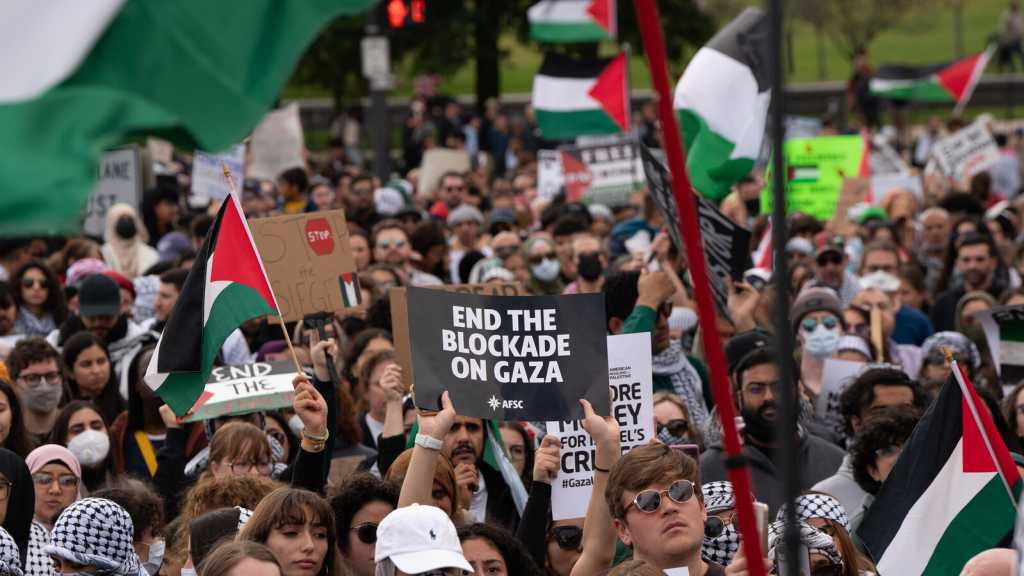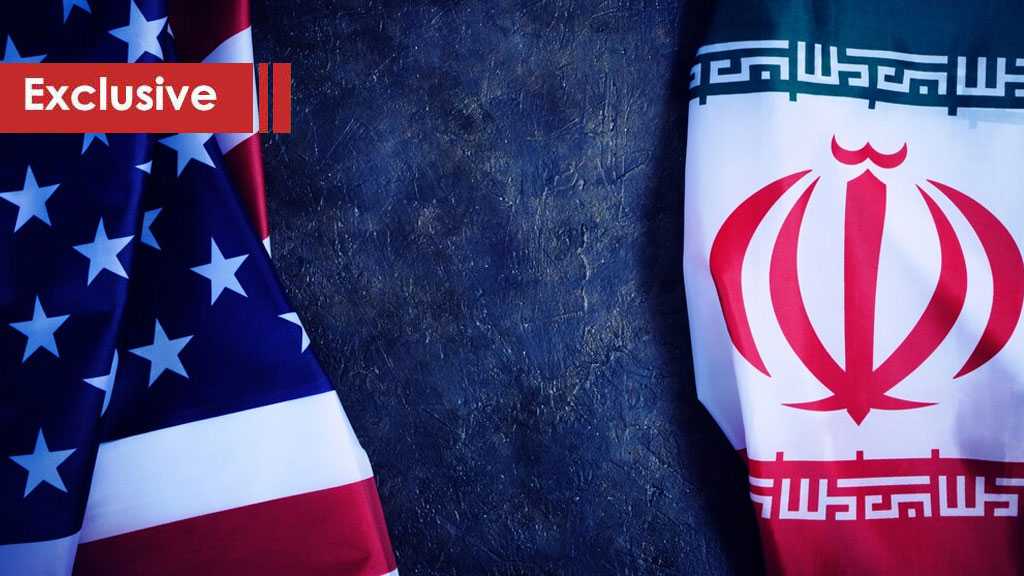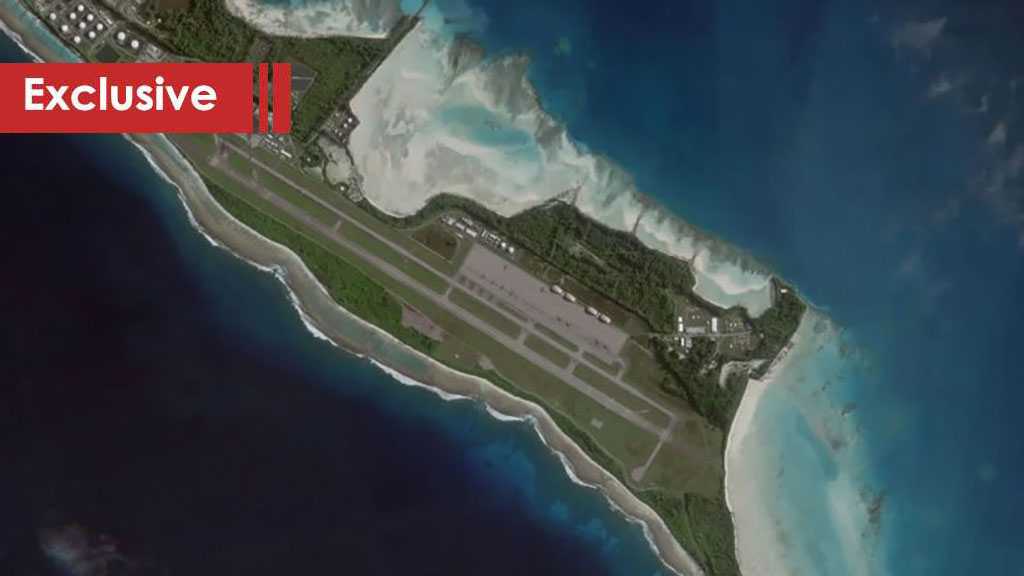Gaza Aggression in March 14 Media: Concealed News

Latifa Husseini
"Israel's" aggression on Gaza surprised Lebanese media; yet it couldn't make a way into channels and outlets affiliated with March 14 camp, which kept their news policies unscathed. The Syrian event certainly comes first.
It seems that some Lebanese media means comply well with Al-Jazeera's anchor, Faisal al-Qassem, who has recently tweeted: "We must not disregard the Syrian revolution at the expense of Gaza, because the battle is there."
The aggression on Gaza entered the seventh day, while the Lebanese opposition's media means continued to focus on what was happening in Syria, placing the alleged achievements of the armed groups in the limelight and barely covering Gaza's attack with few flash news at the bottom of the screen.
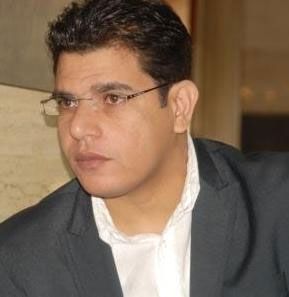
As to Future TV, the blue-labeled channel is totally devoted to Syria. Firstly and lastly, it is all news and statements of watchdog Syrian Human Rights Observatory, while Gaza makes little appearance in the news bulletin.
It is crystal clear how these channels deal with two events, maybe separate in politics, but tightly linked in geography.
"The coverage by some Lebanese media means was not up to the level of the event, especially that the martyrs who are falling are among our Palestinian brothers, the pioneers of sacrifice for the sake of the cause," says the Vice Head of the National Audio-Visual Media Council, Ibrahim Awad.
For his part, Director of the Media Focal Center (Irtikaz), Salem Zahran, suggests that the time, in seconds and minutes, which March 14 media devoted to cover news of Occupied Palestine be counted. He notes that March 14 media are totally biased to the Syrian event at the expense of the Palestinian one, especially the Future television.
The "Action" in March 14 Media
Zahran reproaches MTV and LBC channels for giving priority to "action" and "thrill" over the sought media vision and practice, giving the example of the way they recently covered the news conferences of Ahmad Assir. "The Lebanese channels are busy with the local details rather than with the general scene," he says, blaming LBC for its brazen position vis-à-vis the Palestinian Cause.
While March 14 channels were preoccupied with entertainment and with the "Syrian revolution," US news channel, CNN, applied itself to shedding light on the images of Palestinian martyrs, especially kids, and the images of the "Israeli" raids on Gaza.
Gaza events also made headlines on BBC news site.
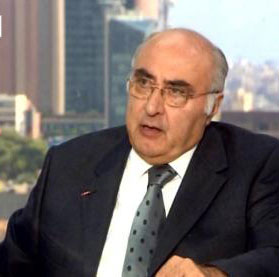
Awad criticizes the performance of MTV and LBC recently. "These two channels were rushing to cover any event that took place in Lebanon, any road closure whether due to traffic jam or to a certain abduction operation. They also made room and promoted for those flaring up sectarian strife," he says.
"The fierce killing machine in Gaza against the innocent, in line with the heroism of the Palestinian resistance, did not push those channels to follow up on the events properly. Palestine was not the priority for some TV channels," he deplores.
Both Zahran and Awad agree that March 14 media adopted the cause of the Syrian armed groups in lieu of the Palestinian Cause.
Awad highlights the necessity to remain dissociated from the Syrian dossier yet not to shrug off Gaza's tribulation because it concerns every Lebanese and every Arab.
The Double Standards
Why do we see March 14 media having double standards about an Arab affair that should be the center of agreement and unanimity? Zahran argues that the Lebanese deal differently with the Palestinian Cause. He says that while some consider the Palestinians their brothers, others see them as guests and refugees.
He even says that some regard the Palestinians as unbearable guests, waiting impatiently for the moment they leave Lebanon, or even as "a war fuel."
Furthermore, Zahran criticizes the terminology used by LBC and MTV channels, whereas victims are referred to as "killed" instead of "martyred." "The world of media terminology is full of traps tricking some private channels linked to advertisements in the European market and to advertisements with a non-Arab political aspect," he explains.
What to Do To Rectify the Performance of Media?
Awad maintains that television channels, albeit enjoying the freedom to do what they want, must follow up on the Palestinian Cause building on their professional conscience, without necessarily surpassing their style.
Awad also points out at the role which the government is called to assume. "The government must firmly control the deteriorated performance of the press and define a clear media vision," he says, underlining that it is the resistance that is targeted today and not Gaza, just like how it was in Lebanon in 2006.
Future television "lightly" covers Gaza aggression. The channel is still airing entertainment shows, with timid flash news on Palestine every now and then.
The channels of the opposition link what is happening in Palestine to Syria's events, as they are promoting that the Zionist attack on Gaza serves the Syrian regime.
Zahran disparages and refutes such analysis. He says that the scene in Syria is totally different from that in Gaza. But he maintains that those spearheading the rabid battle in Gaza are the same marshaling conflict among Syrians, who have always been strong backers of and weapons suppliers to the Resistance.
Source: al-Ahed News, translated and edited by moqawama.org

